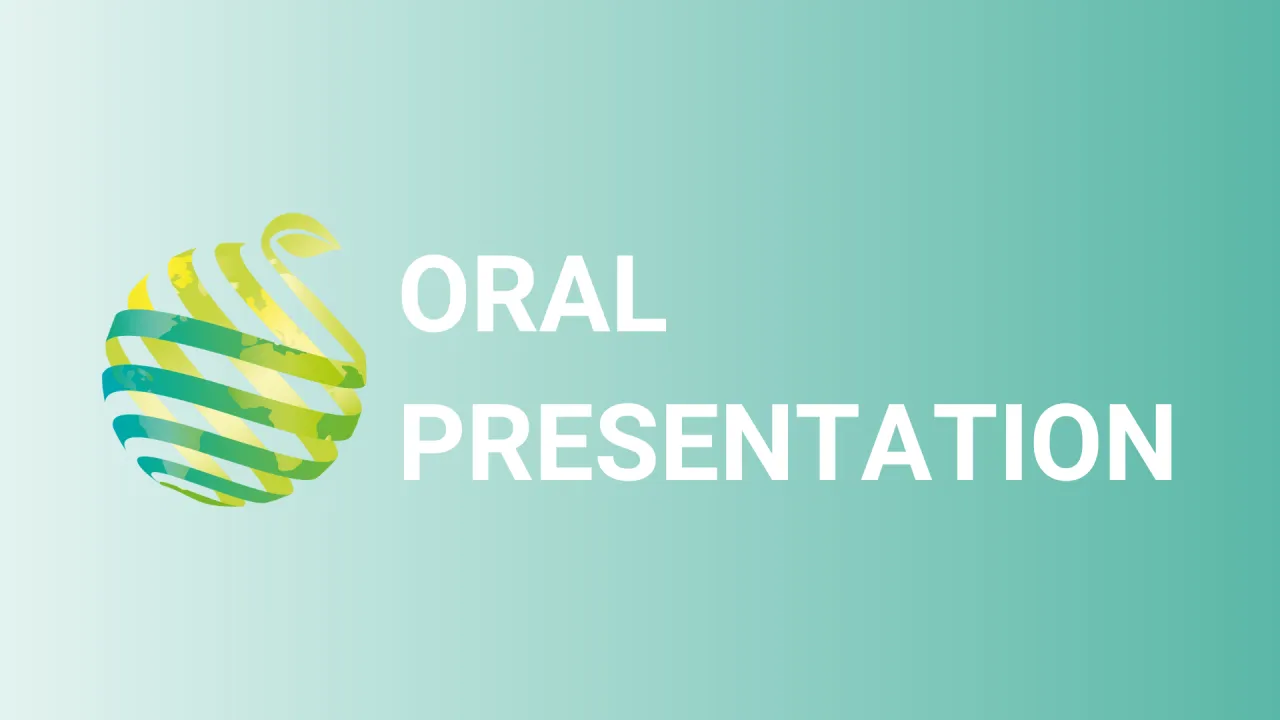

S23 - Session O1 - Keynote: Innovative advances of postharvest technologies for sustainaibility
Information
Authors: Christopher B. Watkins *
Application of postharvest technologies in the modern supply chain is primarily centered on the goals of reducing metabolic rates of processes that result in undesirable quality changes of the horticultural product, reducing water loss, and preventing development of physiological and pathological disorders. Specific technologies may also be utilized to provide market access through quarantine procedures. Regardless of the technology employed, scientists are being asked to advance postharvest research approaches using a minimum of postharvest chemicals, with attention to energy and sustainability, meeting food safety standards, and minimizing chemical and microbial contamination. Management of the cold chain remains the gold standard for maintenance of product quality. Controlled and modified atmosphere storage as well as skin coatings provide additional benefits but are limited to a relatively limited number of products, as is also the case for the newer treatments such as 1-methylcyclopropene. Innovative advances beyond these technologies have focused largely on improvements or modifications often through the lens of food safety and market access. These include specific technologies such as sanitizing regimes, irradiation, non-thermal plasma and heat treatment. This presentation about innovative advances of postharvest technologies for sustainability will include a call for a realistic examination of the postharvest research field. Despite a huge and continuing literature on postharvest treatments, there is a remarkable disconnect between research and the 'real world' in many instances. This disconnect often starts from the choice of product chosen for research, for example, strawberries, in which it is claimed that various compounds in solutions can be applied to prolong storage life (as opposed to a more realistic justification of short-lived fruit selected for testing). In commercial practice, strawberries are usually field packed and unsuited to use of aqueous solutions. Other treatments claim inhibition of disorders that are commercially insignificant, and often appear to provide an excuse to measure an enzyme without any vision. Too often the need is 'urgent' when a hugely successful industry exists. In addition, it is rare for the research to include analysis of socio-economic factors that might affect the uptake of a new technology.